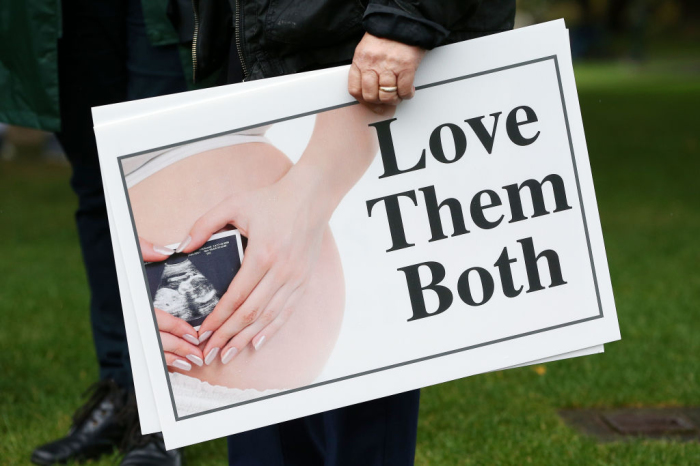EU court refuses to hear case of Christian midwives who refused to perform abortions

The European Court of Human Rights has refused to take up the case of two Swedish nurses who were denied midwife jobs because they were not willing to perform abortions. A Christian law firm called it a “dangerous departure from the Court’s purpose in protecting fundamental freedoms.”
The court said the case of the nurses, Ellinor Grimmark and Linda Steen, who were retrained as midwives but were not given jobs due to their religious beliefs against carrying out abortions, was inadmissible to be heard by the EHRC, according to Reuters.
The Christian midwives had claimed that authorities violated the European Convention on Human Rights by refusing jobs to them.
The court’s decision cannot be appealed.
“We are very disappointed by the Court’s decision not to take up the cases of Ms. Grimmark and Ms Steen,” Robert Clarke, deputy director of Alliance Defending Freedom International, said in a statement, according to Premier. “A positive judgment from the Court would have been an important step in the protection of the right to freedom of conscience.”
Clarke added, “Medical professionals should be able to work without being forced to choose between their deeply held convictions and their careers. Although freedom of conscience is protected as a fundamental right in almost every other European country, the decision today marks a missed opportunity to uphold this important protection in Sweden. In its short written decision, the Court agreed that Sweden had interfered with the rights of these midwives.”
A Swedish pro-choice group, RFSU, celebrated the rejection of the case. “It is not a human right for nursing staff to refuse to provide care,” said RFSU’s Hans Linde. “This is an important decision that in the long term will help to protect women’s health, right to good quality care and to be treated with respect when seeking an abortion.”
However, Grimmark said she chose to become a midwife “because I wanted to help bring life into this world.”
“I cannot understand why the Swedish government refuses to accommodate my conscientious convictions,” she said. “I am now working in Norway, where my conscience is respected, but no one can explain why Sweden cannot do the same.”
In 2017, a labor court said that "there had not been any violation" of her freedom of expression and opinion, despite the practice of abortion going directly against her religious beliefs.
The court also found that Jönköping County was within its rights to refuse Grimmark employment, as it has a requirement that all midwives working at women's clinics carry out assigned duties, including abortion.
The U.N.’s special rapporteur on Freedom of Religion or Belief recently spoke against restrictions on abortion access.
“The Special Rapporteur notes that in a number of countries around the world, governments continue to maintain partial or total bans on access to abortion, and religious figures have both encouraged these measures and advocated against efforts to reform the laws,” the rapporteur said in a report. “One area of particular concern regarding accommodations to national law for religious beliefs is the use of conscientious objection by healthcare providers and institutions unwilling to perform abortions or provide access to contraception on religious grounds.”
In response to the report, the World Evangelical Alliance last week urged the United Nations Human Rights Council to recognize the right to conscientious objection for medical practitioners.
The WEA agreed in a statement that “violence, coercion and discrimination in the name of religion are never justified nor should they be condoned,” but expressed concern “at the report’s suggestion that religious individuals are engaging in harmful conduct by supporting policies and legislation that limit abortion. The report also appears to question the right to conscientious objection by health-care providers and institutions unwilling to perform abortions.”
It added, “Indeed, we believe that the full recognition of religious freedom, as well as several other fundamental human rights, must include recognition of the right to protect life in the womb, and to advocate against its termination both in words and deeds.”



























